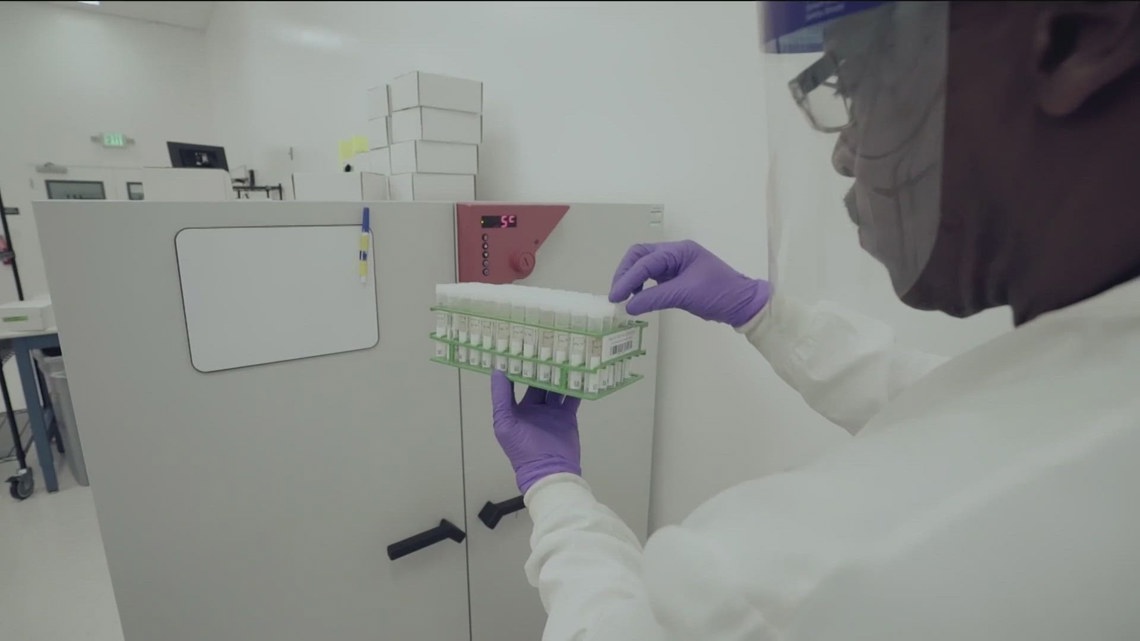
Tooth decay is currently the most prevalent chronic disease among children, exceeding the combined incidence of asthma and allergies. This alarming statistic highlights a critical yet often understated public health issue that merits greater attention from parents and caregivers alike. Despite the evident importance of oral health, tooth decay frequently goes unaddressed in the busy lives of families, leading to potentially serious long-term consequences for children’s overall well-being.
The journey toward maintaining a child’s oral health begins well before the emergence of their first tooth. As children grow and develop, the early establishment of a dental home — a place where they routinely receive comprehensive dental care — is vital. Dental professionals recommend that parents introduce their children to the dentist by their first birthday. This proactive engagement serves multiple purposes: it familiarizes children with dental environments, instills healthy hygiene habits, and enables the early detection and management of potential dental issues.
As a fourth-year dental student and NC Schweitzer Fellow, I have gained insights into the significance of early dental interventions. Research consistently shows that children who receive early preventive care are less likely to suffer from severe dental complications later in life, which can lead to costly treatments and prolonged discomfort. This proactive approach benefits not just the health of the child but also contributes to reducing healthcare costs for families and the broader community.
Although it may seem daunting, establishing a routine dental practice with infants can be straightforward. Simple daily care, such as cleaning gums with a damp cloth and transitioning to a soft-bristled toothbrush once teeth erupt, lays the groundwork for a lifetime of good oral hygiene. Additionally, educating caregivers about proper nutrition and the avoidance of sugary snacks can further shield children from early cavities.
In summary, addressing tooth decay requires not only raising awareness among families about its prevalence but also implementing early preventive measures. By prioritizing oral health from infancy and establishing a dental home by the first birthday, caregivers can significantly improve their children’s health outcomes. This foundational approach ensures that children not only grow up with healthy teeth but also develop lifelong habits that contribute to overall wellness.

